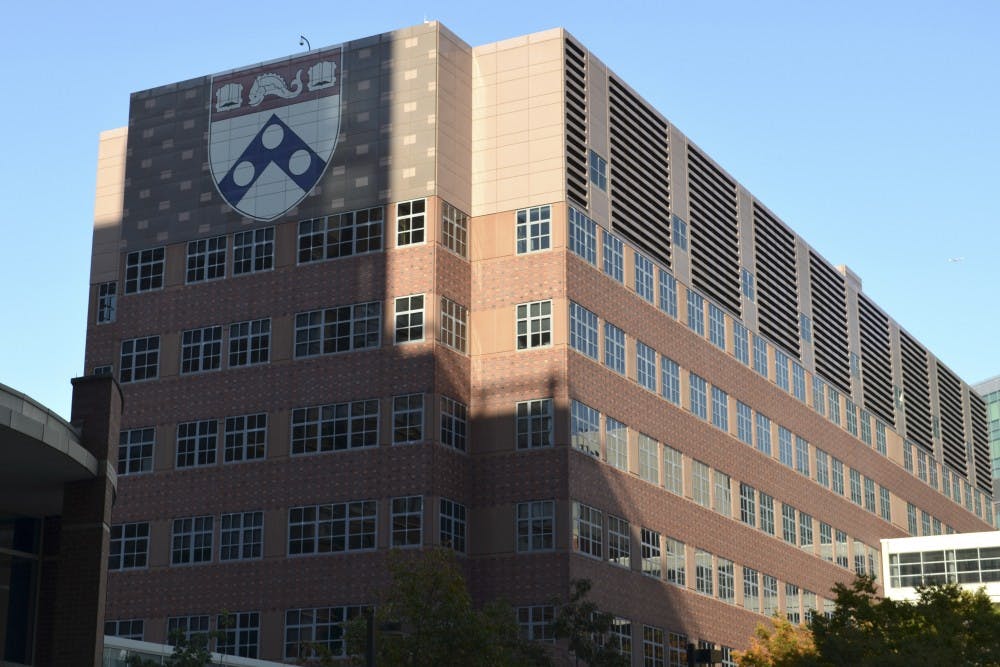
Two University of Pennsylvania Health System heart-surgery patients, Robert Gerngross and Marisa Karamanoogian, have accused Penn Medicine of failing to prevent them from contracting nontuberculous mycobacteria, an infection believed to be linked to the heater-cooler device used during open-heart surgeries.
Gerngross and Karamanoogian are being represented by Michael F. Barrett of Saltz, Mongeluzzi, Barrett & Bendesky, P.C., who began the civil litigation process by filing writs of summons and pre-trial discovery motions in the Philadelphia County Court of Common Pleas on Jan. 13.
A press release from Barrett explained that his clients were unaware of the risk of NTM infection during heart surgery, prompting them to file the complaint against Penn Medicine.
“Our clients want and need to know why they were never told they were at risk,” Barrett said.
Penn Medicine declined to offer comment.
The Centers for Disease Control and Prevention released a Health Alert Notice in October 2016 warning against the risk of NTM infections from Stöckert heater-cooler devices.
The organization advised hospitals to notify patients that they may have been exposed to the infection, if they underwent open-heart surgery involving a Stöckert 3T heater-cooler.
As part of the writs of summons and pre-trial discovery motions, Barrett is demanding that Penn Medicine disclose details pertaining to those involved in the surgery and the equipment used.
Barrett is first attempting to determine the type and manufacturer of the heater-cooler units, as well as their maintenance and operating history.
“We are asking the Court to help us, on behalf of our clients, fully determine exactly who was involved, their level of knowledge, what equipment they were using, and precisely how they could have exposed the patients to an infection,” Barrett said in the statement.
Gerngross was diagnosed with NTM 15 months after undergoing aorta heart valve replacement surgery at Penn’s Presbyterian Medical Center.
Gerngross’ symptoms have rendered him lethargic, short of breath and unable to resume work.
“You can’t imagine being in worst shape after heart surgery than when you went into the hospital,” Gerngross said in Barrett's statement. “But that’s what happened in my case and I can’t stand knowing that the hospital knew but never told me there was a chance I could get NTM.”
Karamanoogian was similarly diagnosed six weeks after a cardiac bypass surgery.
The infection resulted in Karamanoogian suffering partial loss of hearing, anxiety and depression. She remains on various IV-administered antibiotics.
“I live with the physical and emotional scars from my surgery every minute of every day; at work, at home, and in my public service role. I’m thankful to be alive," Karamanoogian said in the statement, adding that she hoped to "prevent other surgical patients from contracting NTM.”
The Daily Pennsylvanian is an independent, student-run newspaper. Please consider making a donation to support the coverage that shapes the University. Your generosity ensures a future of strong journalism at Penn.
Donate




